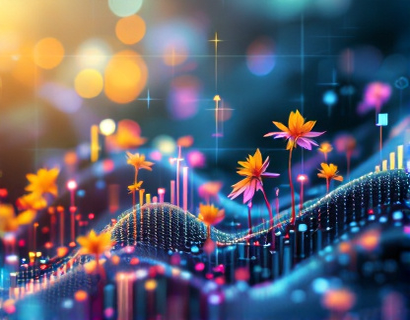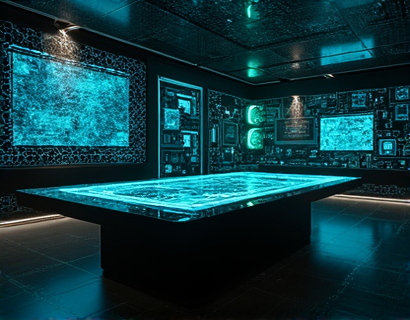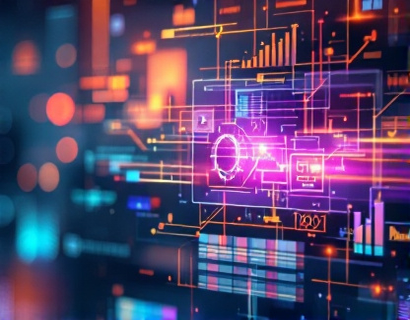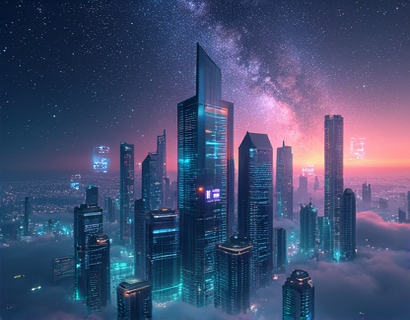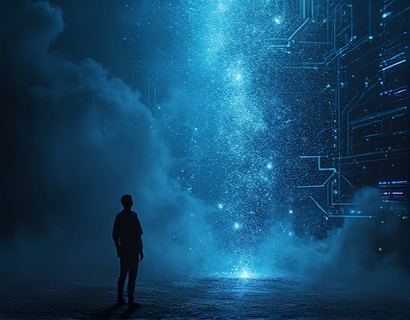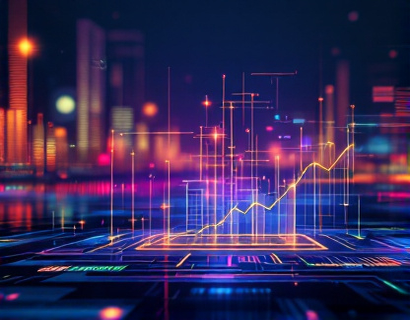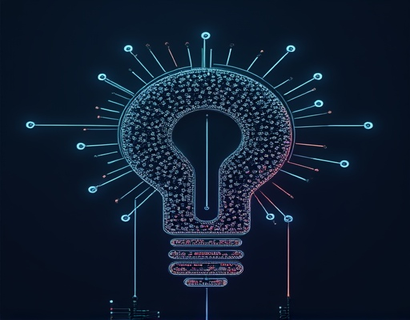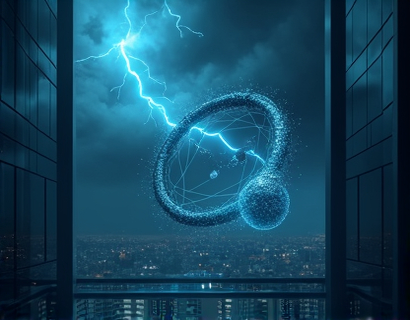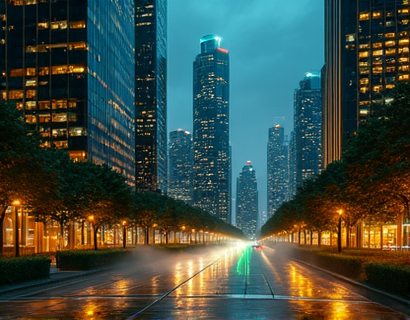Unlocking Musical Potential: Harnessing AI for Advanced Composition and Production
The integration of Artificial Intelligence (AI) in music composition and production has opened new avenues for creativity and innovation. This technological advancement has the potential to revolutionize the way musicians and creators approach their craft, offering tools that streamline the music-making process while enhancing the quality of sound and creativity. This article delves into how AI is transforming the landscape of music creation, providing insights into the tools and techniques that can help both professional artists and emerging creators unlock their full artistic potential.
Understanding AI in Music Creation
AI in music creation refers to the use of algorithms and machine learning models to assist in various aspects of music production, from composition to mixing and mastering. These tools can analyze vast amounts of musical data to generate patterns, suggest harmonies, and even create entire tracks. The core idea is to augment human creativity rather than replace it, providing musicians with new ways to explore and express their artistic vision.
Enhancing Creativity with AI Tools
One of the most significant benefits of AI in music creation is its ability to enhance creativity. Traditional composition methods can sometimes lead to creative blocks or repetitive patterns. AI tools can break these barriers by offering unexpected suggestions and ideas. For instance, an AI can analyze a musician's previous work and generate new melodies or chord progressions that align with their style but introduce fresh elements. This collaboration between human intuition and machine learning can lead to innovative and unique musical pieces.
Streamlining Composition Processes
AI tools can significantly streamline the composition process, saving time and effort. Traditional methods often involve trial and error, with musicians experimenting with different notes and structures until they find the right fit. AI can expedite this process by quickly generating multiple variations of a composition, allowing creators to select the most promising options and build upon them. This efficiency not only speeds up the creation process but also reduces the mental load, enabling artists to focus more on the creative aspects.
Improving Sound Quality through AI
Sound quality is a critical aspect of music production, and AI can play a pivotal role in enhancing it. AI-driven tools can analyze recordings and apply advanced algorithms to remove noise, correct pitch, and balance mixes. These tools can also suggest optimal settings for different instruments and vocals, ensuring a polished final product. For example, AI can automatically apply reverb and echo effects that complement the genre and style of the music, elevating the overall sound quality without requiring extensive manual adjustments.
Personalized Learning and Development
For emerging creators, AI can serve as a personalized mentor, offering tailored feedback and guidance. These tools can analyze a musician's playing or singing and provide insights on areas for improvement, such as timing, pitch, and dynamics. This personalized feedback loop can accelerate the learning process, helping new artists develop their skills more effectively. Additionally, AI can recommend exercises and practice routines based on the individual's strengths and weaknesses, fostering continuous growth and improvement.
Collaboration and Community Building
AI tools can also facilitate collaboration among musicians, breaking down geographical barriers. Cloud-based platforms powered by AI can connect artists from different parts of the world, allowing them to work on projects together in real-time. These platforms can suggest compatible collaborators based on genre, style, and availability, fostering a global community of creators. The AI can manage logistics, such as scheduling and file sharing, making the collaboration process smoother and more efficient.
Inspiring New Genres and Styles
The integration of AI in music creation has the potential to give rise to new genres and styles. By combining elements from various musical traditions and experimenting with AI-generated sounds, artists can push the boundaries of conventional music. This fusion can lead to the emergence of hybrid genres that blend electronic, acoustic, and experimental elements, offering listeners novel and exciting auditory experiences. AI can act as a catalyst for innovation, encouraging musicians to explore uncharted territories and redefine the possibilities of music.
Overcoming Creative Limitations
One of the most profound impacts of AI in music creation is its ability to overcome creative limitations. Musicians often face constraints due to time, resources, or technical skills. AI tools can mitigate these issues by providing instant access to a wealth of musical resources. For example, AI can generate high-quality backing tracks, synthesizer patterns, and drum loops, allowing artists to create professional-sounding music without the need for extensive equipment or studio time. This democratization of music production tools ensures that talent is not limited by external factors.
Enhancing Live Performances
AI is not limited to studio production; it can also enhance live performances. AI-powered systems can analyze audience reactions and adjust the performance in real-time, ensuring maximum engagement. For instance, AI can monitor crowd emotions and dynamically alter the music's tempo, volume, or even the arrangement to keep the audience captivated. Additionally, AI can assist in stage design and lighting, creating immersive experiences that complement the music. This synergy between AI and live performance can elevate the overall concert experience, making it more interactive and memorable.
Challenges and Ethical Considerations
While AI offers numerous benefits, it is essential to address the challenges and ethical considerations associated with its use in music creation. One major concern is the potential for AI to replace human musicians, leading to job displacement. However, the reality is that AI is more likely to augment human creativity rather than replace it. By handling repetitive or technical tasks, AI allows musicians to focus on the artistic aspects, potentially leading to more fulfilling and innovative work.
Another ethical consideration is the issue of ownership and copyright. As AI generates music, questions arise about who owns the rights to the created content. Clear guidelines and regulations need to be established to ensure fair compensation for all parties involved. Transparency in the use of AI tools and clear attribution can help address these concerns, fostering a respectful and equitable music industry.
Future Prospects of AI in Music
The future of AI in music creation is promising, with ongoing advancements likely to bring even more sophisticated tools and capabilities. As machine learning algorithms become more refined, AI will be able to understand and replicate human creativity with greater accuracy. This could lead to the development of AI composers that can create entire albums or even entire soundtracks for films and video games. The potential for AI to collaborate with humans in real-time, creating music on the fly, is also on the horizon, opening up new possibilities for live performances and interactive experiences.
Conclusion
AI is transforming the landscape of music composition and production, offering powerful tools that enhance creativity, streamline processes, and improve sound quality. By embracing these technologies, musicians and creators can unlock new levels of artistic potential, breaking free from traditional constraints and exploring uncharted musical territories. As the industry continues to evolve, the integration of AI will play a crucial role in shaping the future of music, ensuring that the art form remains vibrant and innovative for generations to come.





